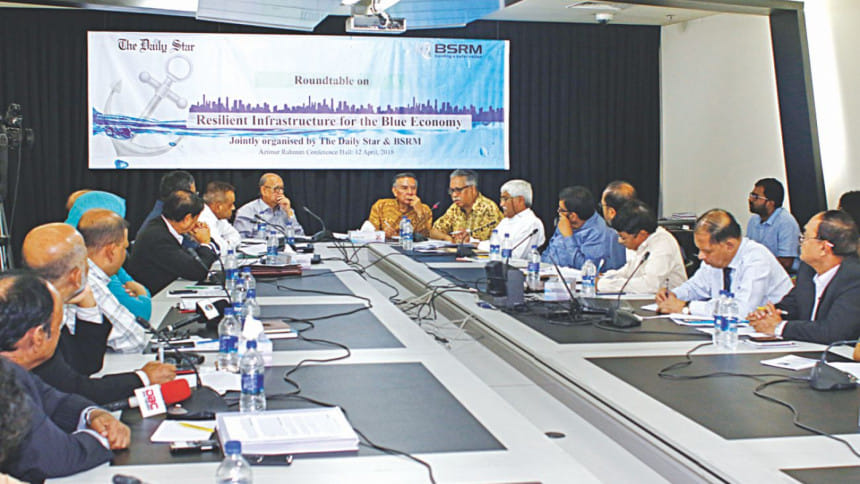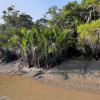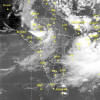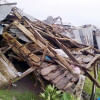Call for special building code

The government should formulate a comprehensive coastal zone-specific building code as the country's maritime areas witness massive development activities, experts said yesterday.
The existing building code, adopted in 1993, has no specific rules about constructions in coastal zones. As a result, different agencies and individuals have been setting up infrastructures haphazardly in those areas, they said.
According to them, infrastructures in coastal zones must be designed specially and should be built with special kinds of rods and cements as there is a possibility of corrosion and decay of the structures due to adverse factors like wind, salinity and flood.
India has a separate code for construction within 30km of coastal areas for ensuring longer lifespan of the infrastructures, the speakers said at a discussion on “Resilient Infrastructure for the Blue Economy” organised by the BSRM, a steel mill, and The Daily Star at the newspaper's office in the capital.
There should be a holistic policy for using special kinds of materials strong enough to withstand the coastal environment, especially the mega-infrastructures like Payra River Port, Matarbari Power Plant and economic zones in maritime areas, they said.
They cited the example of cyclone centres built in coastal areas in the 1960s and 1990s, which have been affected by corrosion as they were built with inappropriate construction materials.
“We need a separate code for infrastructures in maritime zone,” said AMM Safiullah, vice-chancellor of Ahsanullah University of Science and Technology.
The current Bangladesh National Building Code needs to be revised and it should address issues like flood level, cyclone and quality of materials for coastal areas, Safiullah said.
“In the past, we used to think about the strength of the structures, but now we also think about durability. So we need a separate zone-specific building code for different areas, especially for the maritime zones,” said Prof AFM Saiful Amin of Buet.
Japan has built structures in vast reclaimed sea areas using special kinds of steel and construction materials for longer lifespan of those establishments, he added.
Ahsan H Mansur, executive director of Policy Research Institute (PRI) of Bangladesh, said although Bangladesh was not yet ready to benefit from maritime resources, there were plenty of scopes to harness benefit from coastal economy.
However, before coastal development, the environmental challenges should be addressed, he said, adding that Bangladesh was failing to reap benefit from tourism in coastal zones despite having huge potentials.
Every year, thousands of foreign and local tourists visit Cox's Bazar and Kuakata, but these spots lack proper amenities, he added.
Rear Admiral Khaled Iqbal, vice-chancellor of Bangabandhu Sheikh Mujibur Rahman Maritime University, said Bangladesh as a delta had a great potential for port-centric economic development.
Bangladesh needs at least eight sea ports, including one in Sitakunda of Chittagong, said Khaled, also former chairman of the Chittagong Port Authority.
Construction of more ports is necessary to ensure multimodal transport, which is required for the country's ever swelling economic activities, he said.
BEZA Executive Member Mohammed Ayub said maximum economic zones would be constructed in coastal areas. So the structures should be resilient.
The Daily Star Editor and Publisher Mahfuz Anam, who moderated the event, said Bangladesh lacked adequate infrastructures.
“We built a lot of infrastructures, but what is the quality of those infrastructures?” he asked.
The country is now building some mega infrastructures like Karnaphuli tunnel in Chittagong. “But are we really prepared with the right kind of code for the construction of those infrastructures?” he said.
Prof Ainun Nishat, former vice chancellor of BRAC University, said Bangladesh needed a lot of institutes for producing human resources.
A lot of expertise is needed to explore the gas, oil and other mineral resources, he noted.
In his keynote paper, Commodore (retd) MN Absar said exploring more than 1,18,000 square kilometers of maritime areas is a right step by Bangladesh.
It is not possible to control the natural hazards, but it is possible to take measures to minimise their impact. “Bangladesh should go for formulating a building code for coastal areas,” Absar said.
Abdullah Al Mamun, director of Bangladesh Road Research Laboratory of the Department of Roads and Highways, said “We are building infrastructures on a contingency basis … There should be an independent think-tank for developing infrastructures.”
Prof Tarek Uddin, head of the department of civil and environmental engineering at the Islamic University of Technology, said Bangladesh needed sustainable structures with a lifespan of 100 years or more.
“Sea water is very hostile to concrete. We must have a good construction policy,” he said, adding that many cyclone shelters were destroyed within 15 years in the coastal areas as those were not constructed using special materials.
Fahima Shahadat, head of infrastructure and technical services at Lafarge Holcim Bangladesh Ltd, said it was time to develop the country using specialised materials.
“We have to work on Bangladesh National Building Code,” she said.
The other speakers include Atiq Rahman, executive director of Bangladesh Centre for Advanced Studies; Prof Sujit Kumar Bala, director of the Institute of Water and Flood Management at Buet; Prof Ishtique Ahmed of Buet; Ishrat Islam of Urban and Regional Planning at Buet; and Brig Gen (retd) Shahedul Anam Khan, associate editor of The Daily Star.

 For all latest news, follow The Daily Star's Google News channel.
For all latest news, follow The Daily Star's Google News channel. 







Comments